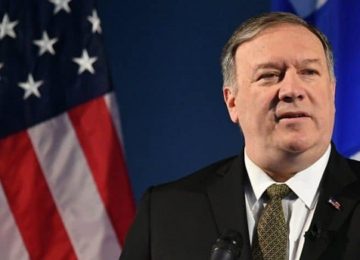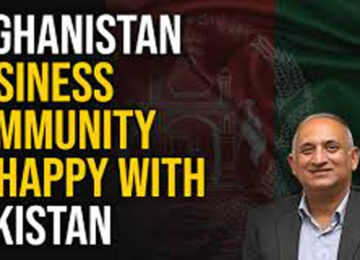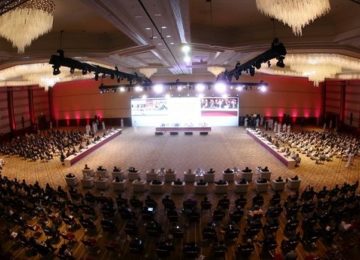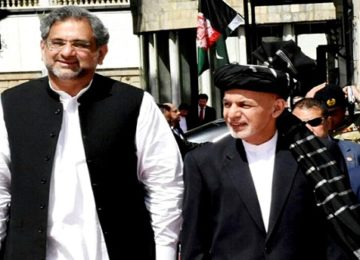In the wake of Foreign Minister Khawaja Asif’s visit to the US and the conflicting statements coming out of Washington, a number of confusions surround regarding what the new US policy towards Pakistan entails.
US officials have started beating up the same drum of ‘Pakistan’s questioned role in Afghanistan’, with a senior US general claiming that the ISI – Pakistan’s spy agency – still has ties to militant groups. On the other hand Secretary Mattis also said that his administration was willing to give Pakistan ‘one more chance’ in order to effectively work with Islamabad, and in case of failure, necessary measures will be taken. Ironically Mattis’ colleague Secretary of State Rex Tillerson, after his meeting with Foreign Minister Asif, claimed that Pakistan was a ‘key to long-term stability in South Asia’.
It is worth noting that the bilateral ties between both the countries have remained frayed over the past few years with Washington constantly asking Pakistan to ‘do-more’ against militant groups in Pakistan’s tribal areas bordering Afghanistan.
“We need to try one more time to make this strategy work with them, by, with and through the Pakistanis, and if our best efforts fail, the President is prepared to take whatever steps are necessary,” Secretary Mattis said at a House Armed Services Committee hearing. Mattis also told the committee that he might be travelling to Islamabad without dwelling into further details.
It is also been reported for quite some time now that the Trump administration aims to use a heavy hand against Pakistan, firstly by downgrading its status as a major non-NATO US ally in its Global War on Terror. Secretary Mattis, in his statement, also confirmed that his government is seriously contemplating on making such a move.
Additionally, General Josephy Dunford, Chairman of the Joint Chiefs of Staff, in his statement said, “It is clear to me that the ISI has connections with terrorist groups”. Such a staunch statement was last given by Admiral Mike Mullen in 2011 who called Haqqani Network – a designated terror group – ‘ a veritable arm of the ISI’.
Such confusing narratives coming from the Trump administration suggest that the US is trying to play a good-cop bad-cop policy with Pakistan, without showing its hand at the moment. With a new Afghan policy – increasing the number of US troops in Kabul – already in place, the US policy makers need to understand that only constructive engagement with Pakistan can help solve the Afghan crisis.
© Center for Research and Security Studies (CRSS) and Afghan Studies Center (ASC), Islamabad.








